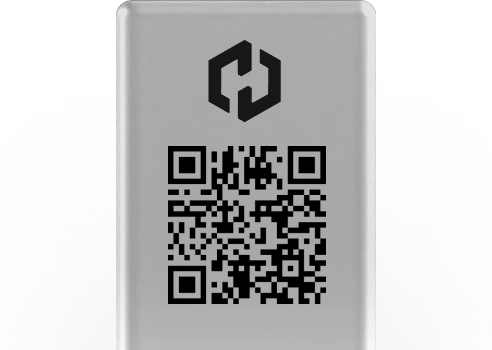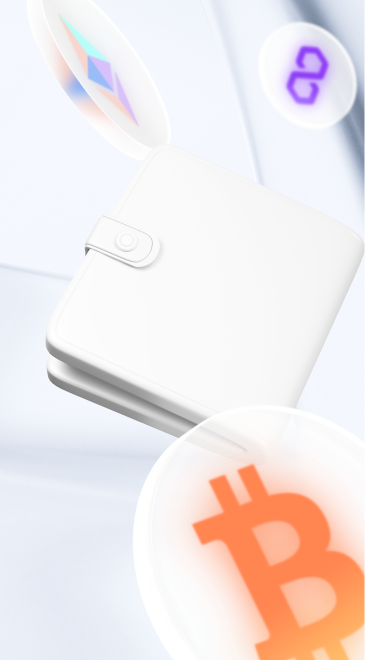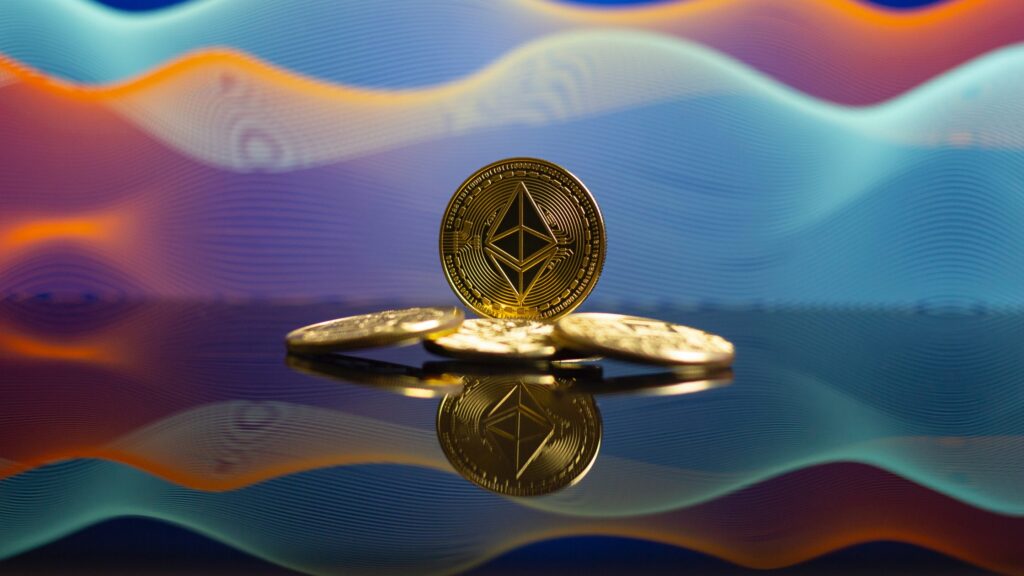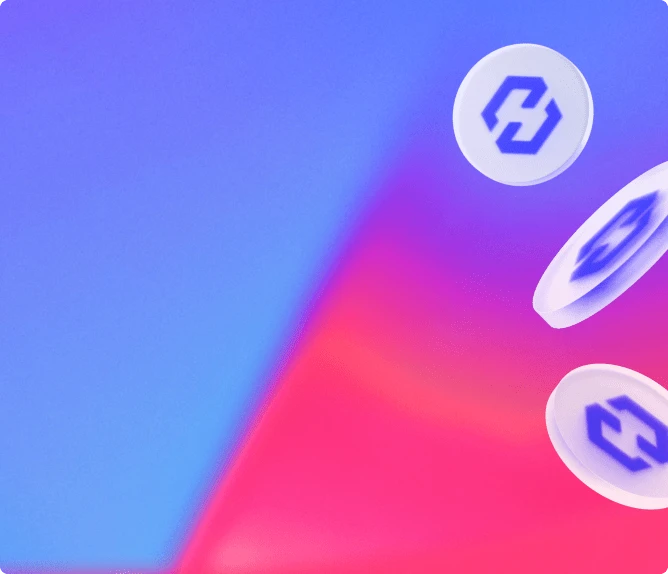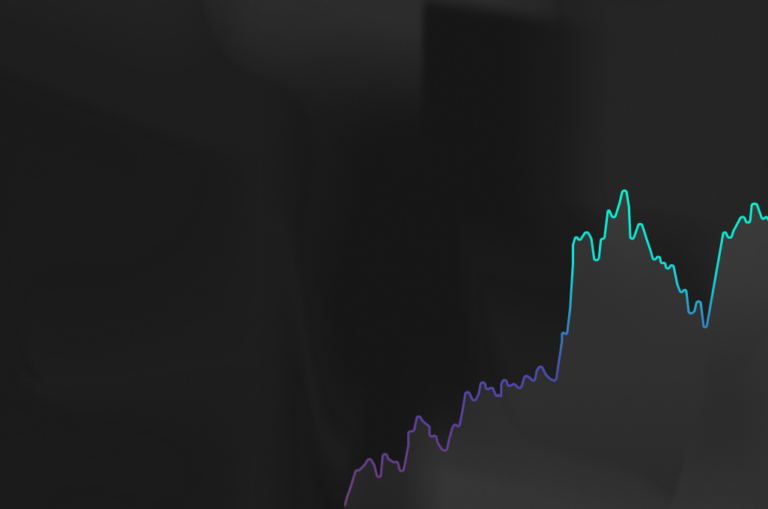Banks / Institutions
Turkey bans cryptocurrencies for any means of payment
A new law in Turkey goes into effect as of April 30. The law bans the use of cryptocurrencies for any payment of goods and services. Two crypto asset sales sites have already gone bankrupt, Vebitcoin and Thodex. In addition, the CEO of Thodex reportedly fled abroad with all of his customers’ assets, leading to 62 arrests.
Go further >
Tesla sells $270 million worth of Bitcoin
The Tesla company has sold back $270 million in Bitcoin. Analysts immediately interpreted the move as a loss of confidence in the market, but Elon Musk claimed that the sale was intended to test the liquidity of the market, and that the test was successful.
Go further >
Grayscale loses speed
The investment fund Grayscale is in trouble. Its flagship product, GBTC, is no longer attracting investors, who prefer the ETFs that are coming onto the stock market. The GBTC is now trading at 20% below Bitcoin’s price, much to the chagrin of its investors. Grayscale now plans to convert its product into an ETF.
Go further >
New advances for the digital yuan
China continues the evolution of its CBDC, the digital yuan.
Many Chinese banks are offering their customers to use digital yuan to make payments during the upcoming Shopping Festival.
In addition, JD.com, the Chinese e-commerce giant, is now using the digital yuan to pay its employees’ salaries.
Aller Go further >loin >
Cryptoactive ecosystem
The NFT craze, stronger than ever
The wave of NFTs continues: this time, it is the rapper Eminem and the PSG who launch their tokens. Eminem creates NFTs representing collectibles and music tracks, one of which came to 100,000 dollars. As for PSG, it offers 3D mascots.
Go further >
Satoshi Nakamoto, 10 years already
Satoshi Nakamoto’s last communication was exactly 10 years ago. Before he stepped down from managing the Bitcoin project, his last message said, "Focus on open source projects and thank your contributors for motivating them". Since then, the project has been managed collectively by its community.
Go further >
Nexus Mutual to deploy its services on more blockchains
Nexus Mutual, the insurance service that covers DeFi protocols in case of a hack, is expanding to other networks.
Nexus, which wants to offer its services to DeFi protocols present on other networks than Ethereum, will deploy its smart contracts on Polkadot, Cosmos, or the Binance Smart Chain.
Go further >
Technology
Maker makes an important update
The Maker protocol updates its liquidation system, proposing a more secure, but also more predictable system.
This change mainly impacts the bidding system during liquidations. Participation in auctions will be simpler and less expensive than before, and will allow bidding on only part of the amount being liquidated, or using flash loans to participate.
This new system opens the possibility of integrating these liquidation opportunities into various DeFi products and protocols.
Go further >
Balancer V2 is released
The Balancer protocol has released V2 of its protocol.
Balancer is an AMM, allowing the exchange of tokens within different pools according to the users’ desires. This new version offers a more efficient system, with cheaper transactions, but above all better security for the funds deposited within the protocol’s Vault.
In addition, Balancer has launched the largest bug bounty system on the DeFi, with 1000 ETH (~$2 million) of reward available for hackers finding flaws within the protocol.
Go further >
Aave launches Liquidity Mining
The Aave lending protocol launches its Liquidity Mining program. Validated by the Aave Governance on April 26th, this program rewards users depositing or borrowing funds on the most popular assets on the Aave V2 market, via a distribution of stkAAVE (the AAVE token locked inside the Aave Safe Module).
This program, in addition to seeking to attract more users and funds into the protocol, also wants to push users still on the Aave V1 market to transition to the V2 protocol.
Go further >
mStable arrives on Polygon which has the wind in its sails
The mStable protocol, which offers savings books and stablecoins, is launching its products on L2 Polygon.
Polygon, the L2 solution that offers very low transaction fees, continues to gain popularity, and to grow, with more and more projects offering an L2 version of their protocol, and more and more liquidity moving from Ethereum to Polygon.
Go further >
Ethereum increases again the gas limit per block
The gas limit per block on Ethereum has increased again, from 12.5 to 15 million units per block. This decision will allow more transactions to be processed and potentially reduce high commissions. Conversely, it will increase the size of the blockchain and the network flows needed to run it. At its launch, this limit was only 3 million units.
Go further >
Figures of the week
PancakeSwap overtakes Ethereum!
PancakeSwap (the DEX of the BSC) exceeds the Ethereum network in number of transactions in 24 hours: 2 million for PancakeSwap, 1.55 million for Ethereum.
A great statistic for Uniswap
Uniswap exceeds $10 billion in weekly volume.
The 50 billion mark of Token Tether crossed
The number of Tether tokens on the market exceeds 50 billion, with TRON now leading the way.
A record for the number of dollars exchanged on exchange sites
1300 billion dollars were traded on foreign exchange sites in April, an all-time record.
Ethereum explodes its previous record of exchanged dollars
1500 billion dollars were traded on the Ethereum blockchain in the first quarter of 2021, three times more than the previous quarter, which was already the all-time record.
Bitcoin loses market dominance
For the first time since May 2017, Bitcoin’s market dominance has fallen below 50%.


